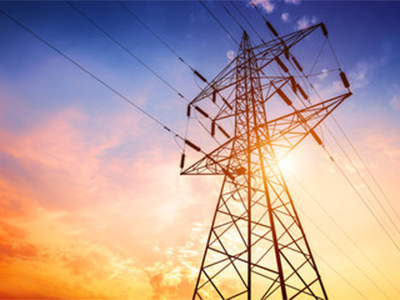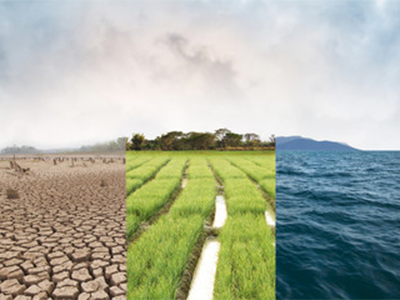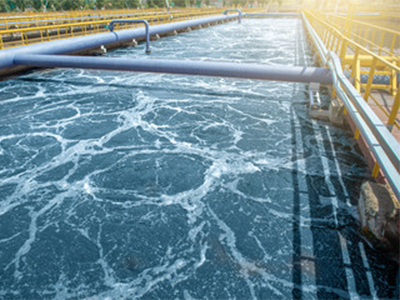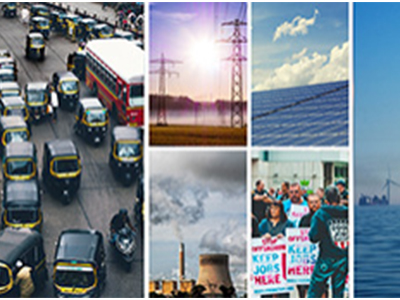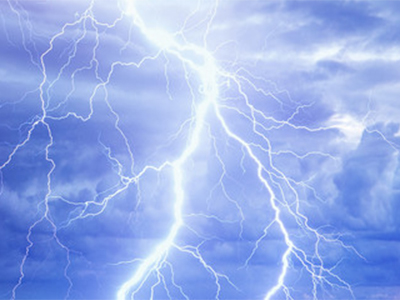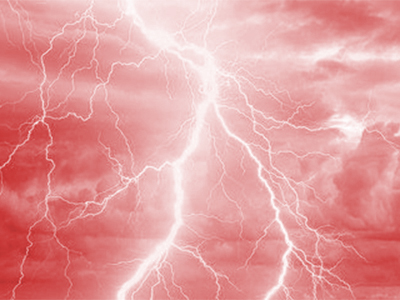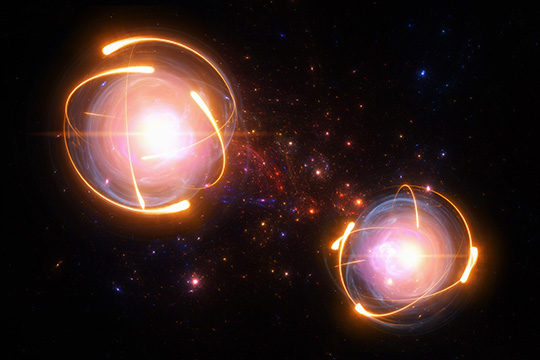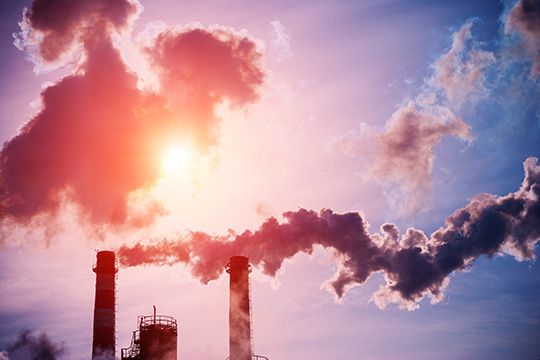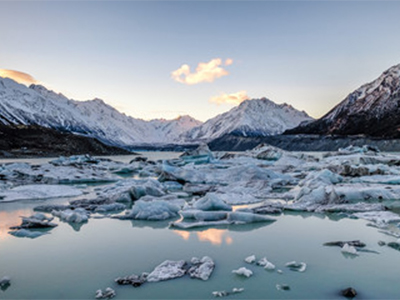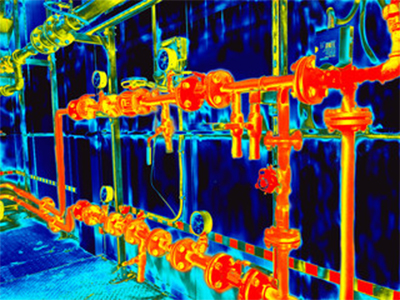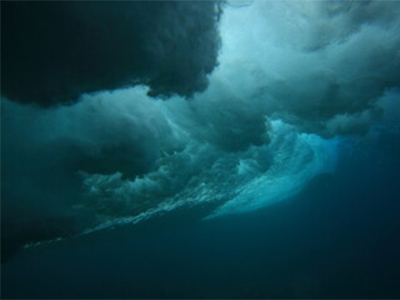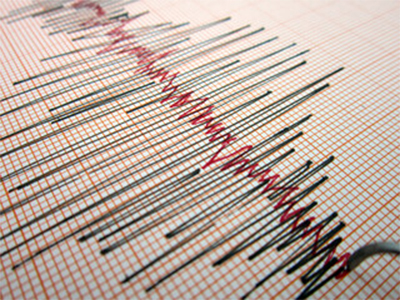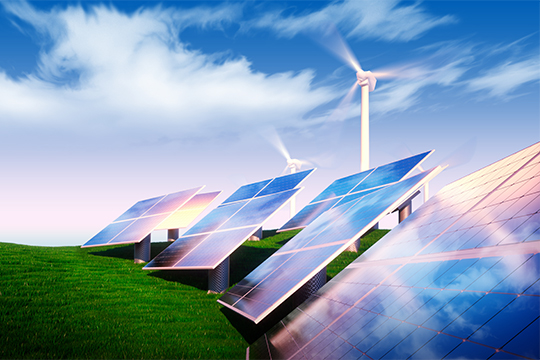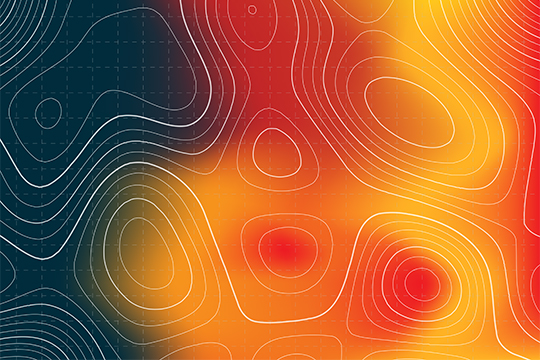Spring 2024 ENE Course Offerings
The Andlinger Center for Energy and the Environment is pleased to announce the following ENE courses for Spring 2024.
Renewable Energy and Smart Grids
Minjie Chen
ENE 273 / ECE 273
This course explores broadly renewable energy systems and smart grids. Technical and operational principles of the modern electric grids will be introduced, followed by an overview of various energy sources from fossil-fuel generators to photovoltaic systems. The intermittency of renewable energy systems and its impact on the electric grid will be discussed together with its potential solutions: energy storage systems and demand response techniques. This course will also include a few experimental demo sessions in which students will gain hands-on experience in understanding the fundamental principles of power conversion.
Engineering the Climate: Technical & Policy Challenges
Egemen Kolemen
ENE 308 / MAE 308 / GEO 308
This seminar focuses on the science, engineering, policy and ethics of climate engineering — the deliberate human intervention in the world climate in order to reduce global warming. Climate/ocean models and control theory are introduced. The technology, economics, and climate response for the most favorable climate engineering methods (carbon dioxide removal, solar radiation management) are reviewed. Policy and ethics challenges are discussed.
Fundamentals of Biofuels
José L. Avalos
ENE 318 / CBE 318 / ENV 351
What are biofuels, and why are we making them? How can they help address our energy needs in a warming planet? What are 1st, 2nd, and 3rd generation biofuels? What is the controversy surrounding the food versus fuel debate? Will thermocatalysis or genetic engineering improve biofuel production? Can we make biofuels directly from light or electricity? These are some of the questions we will answer through discussions during lecture. In precept we will discuss primary literature, relevant news reports, and studies on the socio-economic impact of biofuels.
Resource Recovery for a Circular Economy
Z. Jason Ren
ENE 321 / CEE 321 / ENV 371
The course will focus on emerging science and technologies that enable the transition from our traditional linear economy (take, make, waste) to a new circular economy (reduce, reuse, recycle). It will discuss the fundamental theories and applied technologies that are capable of converting traditional waste materials or environmental pollutants such as wastewater, food waste, plastics, e-waste, and CO2, etc. into value-added products including energy, fuels, chemicals, and food products.
Rapid Switch: The Energy Transition Challenge to Low-carbon Future
Chris Greig and Eric D. Larson
ENE 372 / EGR 372 / ENV 372
The Paris Accord signaled a global consensus on climate risks and the need for a rapid switch to clean energy. Not well comprehended are the scale and pace of the needed transformations. Bottlenecks encountered during rapid, large-scale change, must be anticipated and addressed to achieve climate goals. Princeton’s Net-Zero America study (2021) provides highly-granular insights on the scale and pace of change and on impacts to the environment, finances, jobs and more. Students will build on that study to analyze sub-regional energy transitions through multi-disciplinary lenses to assure the successful decarbonization of the U.S.
Introduction to the Electricity Sector-Engineering, Economics, and Regulation
Jesse D. Jenkins
ENE 422 / MAE 422
This course provides an introduction to the electricity sector drawing on engineering, economics, and regulatory policy perspectives. It introduces the engineering principles behind various power generation technologies and transmission and distribution networks; the economics of electricity markets; and the regulation of electricity generation, transmission, distribution, and retail sales. Open challenges related to the growth of distributed energy resources, the transition to low-carbon electricity sources, and the role of the electricity sector in mitigating global climate change are also discussed.
Introduction to the Electricity Sector-Engineering, Economics, and Regulation
Jesse D. Jenkins
ENE 522 / MAE 533
This course provides an introduction to the electricity sector drawing on engineering, economics, and regulatory policy perspectives. It introduces the engineering principles behind various power generation technologies and transmission and distribution networks; the economics of electricity markets; and the regulation of electricity generation, transmission, distribution, and retail sales. Open challenges related to the growth of distributed energy resources, the transition to low-carbon electricity sources, and the role of the electricity sector in mitigating global climate change are also discussed.
ENE Cross-listed Courses for Spring 2024
The Science of Fission and Fusion Energy
Robert J. Goldston
AST 309 / MAE 309 / PHY 309 / ENE 309
Power from the nucleus offers a low-carbon source of electricity. Fission power is well developed, but carries risks associated with safety, waste, and nuclear weapons proliferation. Fusion energy research, which presents less such risk, is making important scientific progress and progress towards commercialization. We will study the scientific underpinnings of both of these energy sources, strengthening your physical insight and exercising your mathematical and computational skills. We will also ask ourselves the thorny ethical questions scientists should confront as they contribute to the development of new technologies.
Global Air Pollution
Mark A. Zondlo
CEE 311 / CHM 311 / GEO 311 / ENE 311
Students will study the chemical and physical processes involved in the sources, transformation, transport, and sinks of air pollutants on local to global scales. Societal problems such as photochemical smog, particulate matter, greenhouse gases, and stratospheric ozone depletion will be investigated using fundamental concepts in chemistry, physics, and engineering. For the class project, students will select a trace gas species or family of gases and analyze recent field and remote sensing data based upon material covered in the course. Environments to be studied include very clean, remote portions of the globe to urban air quality.
Global Environmental Issues
Denise L. Mauzerall
CEE 334 / SPI 452 / ENV 334 / ENE 334
This course examines a set of global environmental issues including population growth, ozone layer depletion, climate change, air pollution, the environmental consequences of energy supply and demand decisions and sustainable development. It provides an overview of the scientific basis for these problems and examines past, present and possible future policy responses. Individual projects, presentations, and problem sets are included.
Optical Materials for Thermoregulation of the Built Environment and Beyond
Jyotirmoy Mandal
CEE 529 / MSE 539 / ENE 529
This course explores material and optical design strategies for thermal management of buildings. In the first part of the course, we cover fundamental aspects of thermal radiation and light-matter interactions in built and natural environments. The second part covers traditional and emerging materials and strategies for radiative thermoregulation of buildings. Specific topics include traditional designs such as cool-roof films and low-E coatings, emerging materials like radiative coolers, and adaptive coolers/heaters, and their impact within buildings and the broader environment.
Special Topics in Environmental Engineering and Water Resources: Flow and Turbulence in Geophysical Systems
Elie R. Bou-Zeid
CEE 599 / ENE 599
The course examines turbulence in geophysical systems. We review the classic theories of turbulence and vorticity dynamics in neutral non-rotating media. We then introduce rotation into the problem and examine the transitions between 2D and 3D turbulence. The genesis of buoyancy forces and their influence on turbulence are then examined, from the free convection unstable limit to the highly-stratified stable limit. The interacting effects of rotation and buoyancy are then reviewed. Finally, we examine turbulence states far from equilibrium.
Climate Change: Impacts, Adaptation, Policy
Michael Oppenheimer
GEO 366 / ENV 339 / SPI 451 / ENE 366
An exploration of the potential consequences of human-induced climate change and their implications for policy responses, focusing on risks to people, societies, and ecosystems. As two examples: we examine the risk to coastal cities from sea level rise and extreme heat, the scientific bases for these assessments, and measures being planned and implemented to enable adaptation. In addition, we explore local, national and international policy initiatives to reduce greenhouse-gas emissions. The course assumes students have a basic background in the causes of human-induced climate change and the physical science of the climate system.
Introductory Seismology
Jeroen Tromp
GEO 424 / CEE 424 / ENE 425
Fundamentals of seismology and seismic wave propagation. Introduction to acoustic and elastic wave propagation concepts, observational methods, and inferences that can be drawn from seismic data about the deep planetary structure of the Earth, as well as about the occurrence of oil and gas deposits in the crust. Offered every other year.
Energy Technologies in the 21st Century
Alexander Glaser
MAE 228 / EGR 228 / CBE 228 / ENE 228
This course introduces the fundamental physical mechanisms behind sustainable energy technologies and the basic concepts to evaluate and compare their efficiency, environmental impact, and costs. Among others, we will examine the potential of wind energy, photovoltaics, geothermal energy, biofuels, and nuclear energy. We will also examine the concepts of intermittency and dispatchability of energy sources and discuss the relevance of the electric grid, energy storage, energy efficiency, and green buildings. Taken together, this will help us assess energy scenarios and possible pathways to a net-zero carbon energy future.
Heat Transfer
Daniel M. Nosenchuck
MAE 423 / ENE 423
This course will cover the fundamentals of heat transfer and applications to practical problems in energy conversion and conservation, electronics, and biological systems. Emphasis will be on developing a physical and analytical understanding of conductive, convective, and radiative heat transfer. Numerical methods will be introduced to simulate a variety of steady and unsteady heat transfer applications and will form the basis of the final project.
